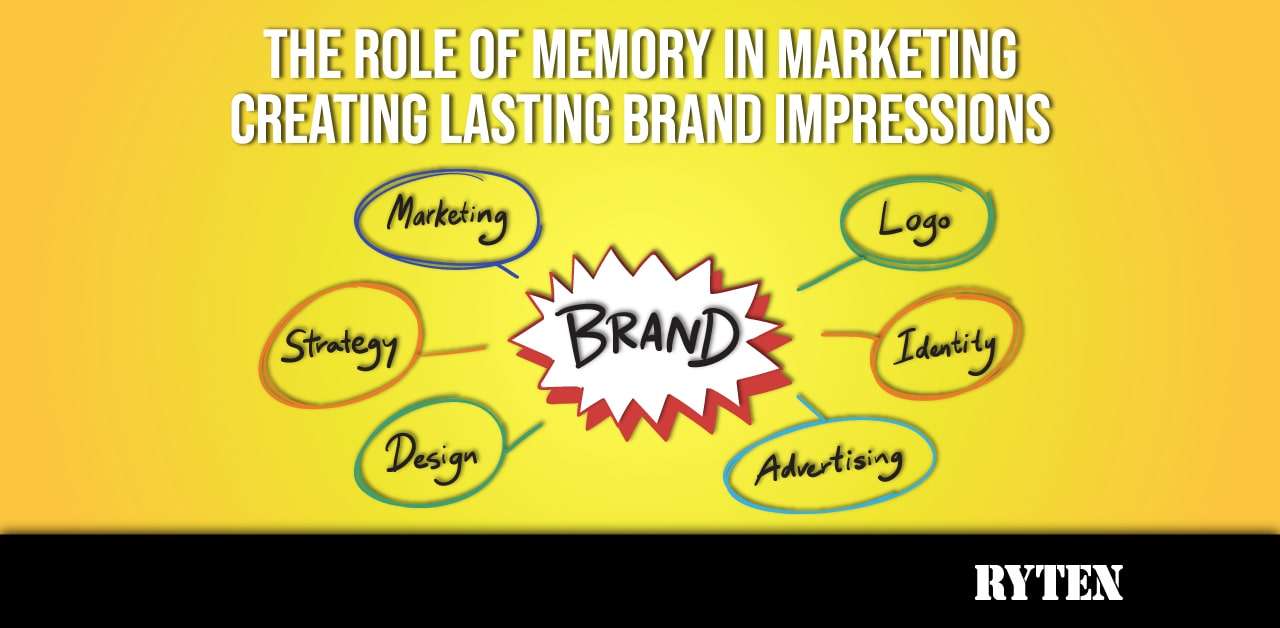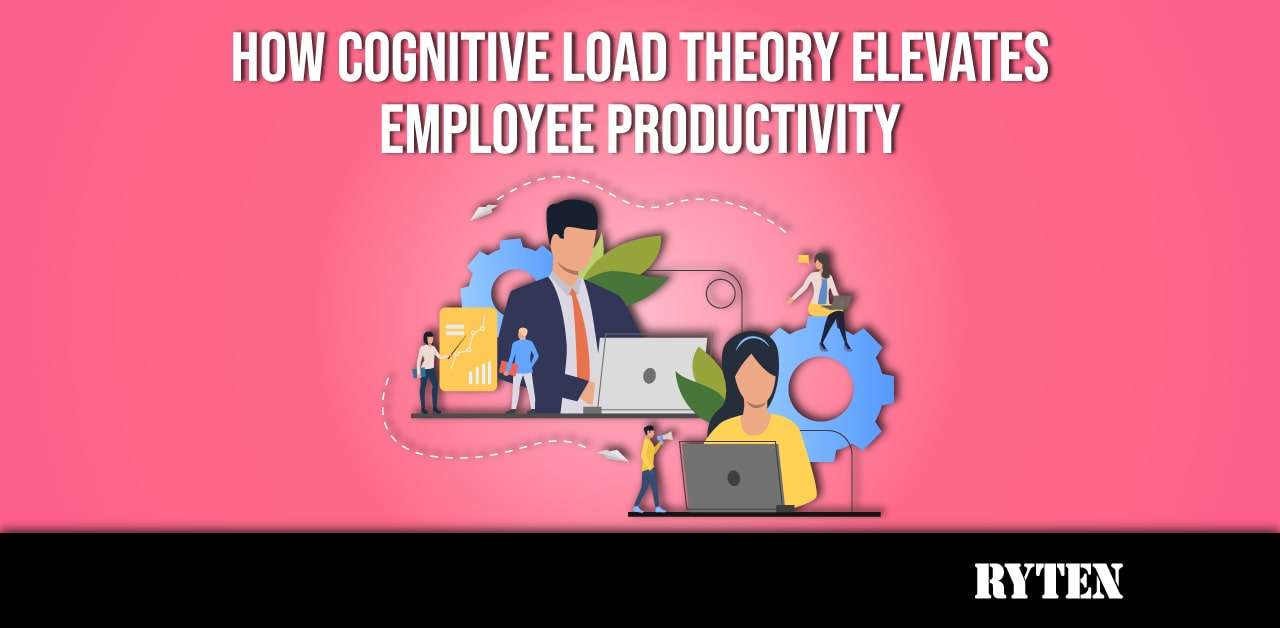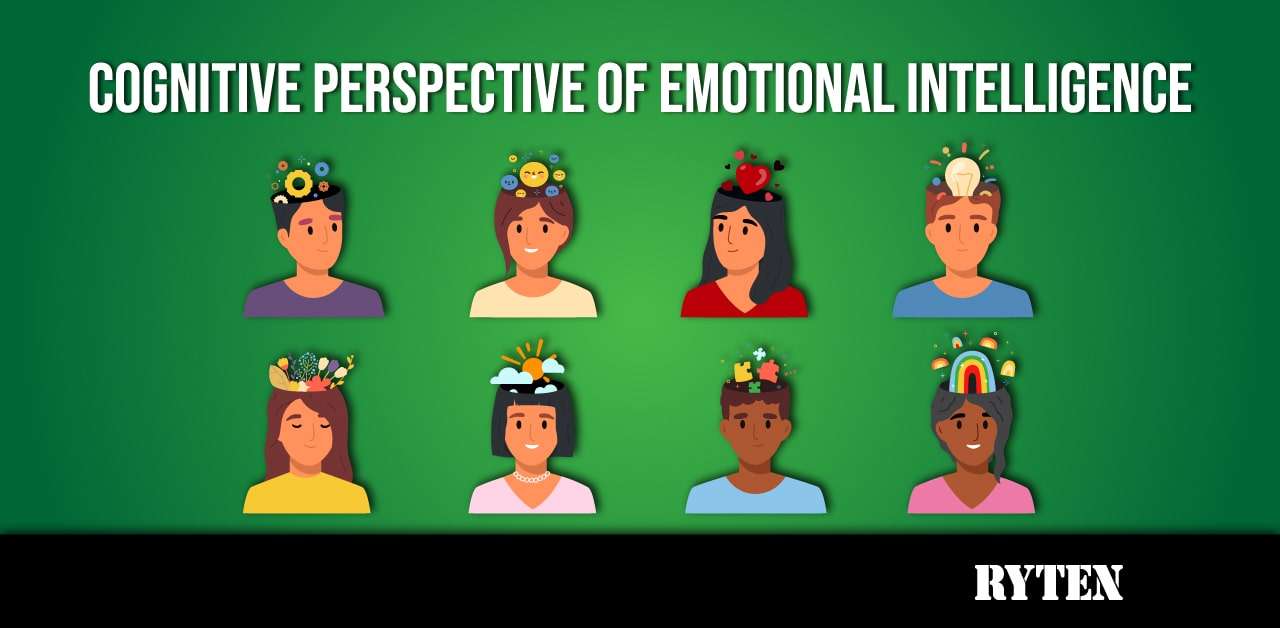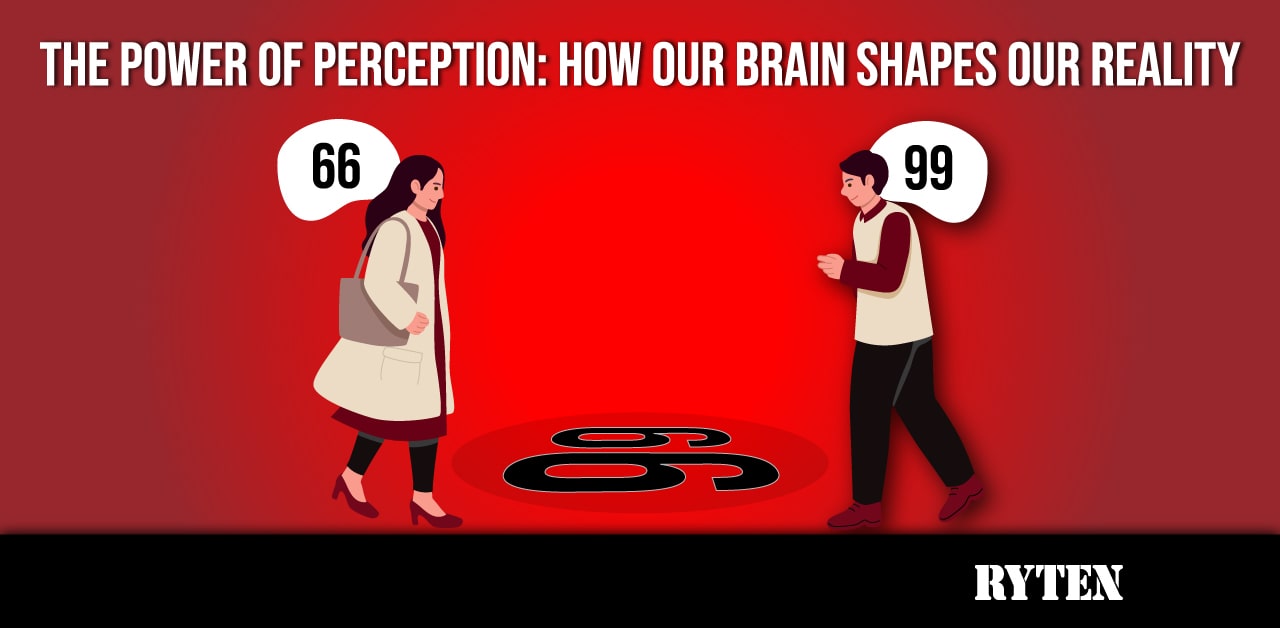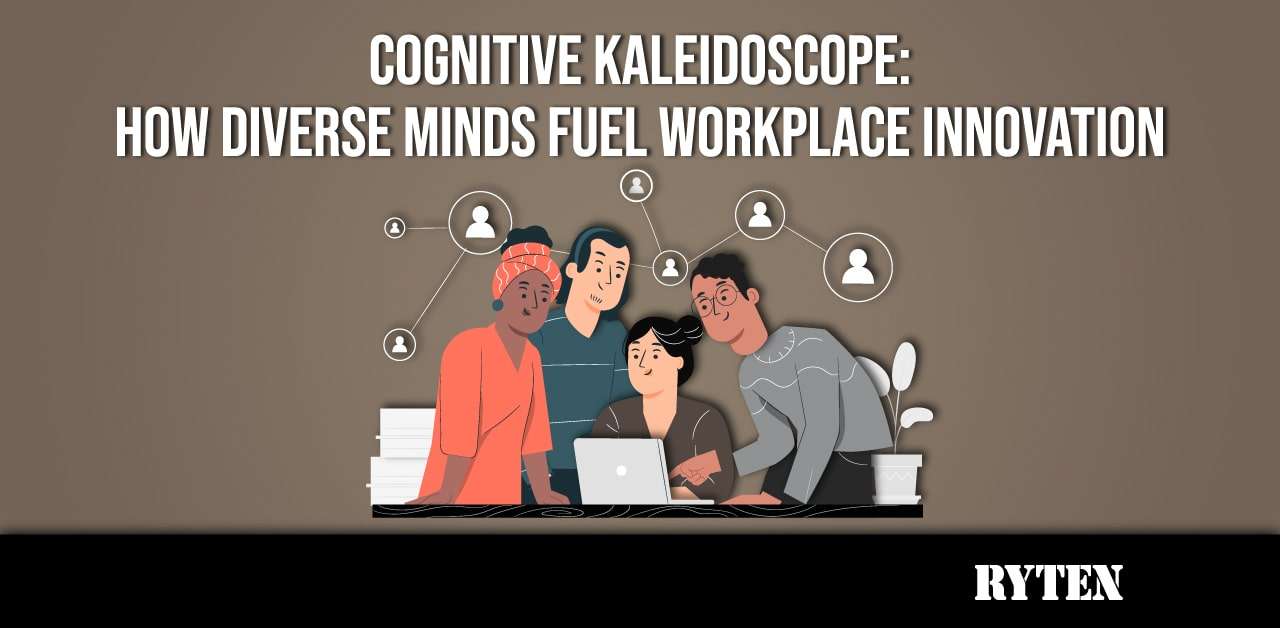A SHORT & PRECISE INTRODUCTION TO COGNITIVE PSYCHOLOGY: COGNITION CONTEXT
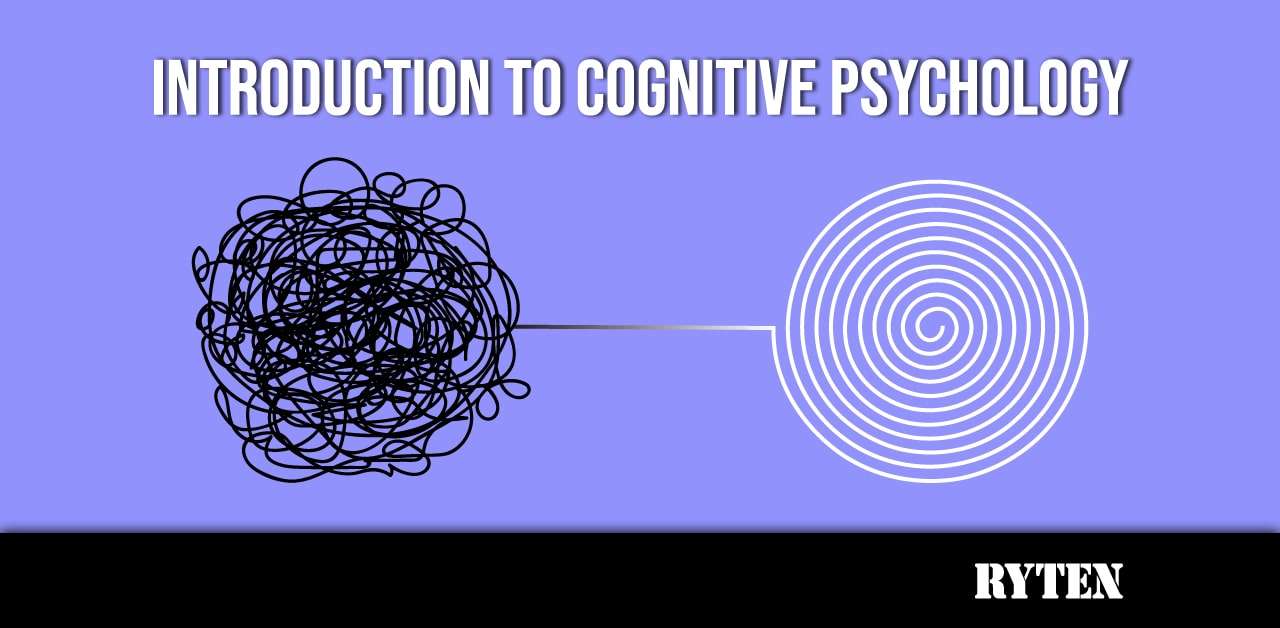
In this competitive era of need and money, there are times when we need to make a judgment while buying any electronic device. And that judgment is with regard to questions like, “Which laptop should we choose to buy?” Well, we are more likely to buy a brand and model of a laptop that we are familiar with. Thus, understanding cognitive psychology helps us to go on in our daily lives.
Cognitive Psychology
Psychology is the scientific study of the mind, brain functions, and behavior, whereas cognition is a generic term referring to the mental processes involved in thought, decision-making, language, remembering, judging, problem-solving, and other higher mental activities. Thus, Cognitive Psychology is the study of mental processes such as perceiving, remembering, and reasoning. Cognitive psychology is a branch of psychology that studies and analyzes the mental processes of the human mind. This includes how people perceive, learn, remember, and think about information. Review these cognitive psychology examples to develop a deeper understanding of this area of psychology.
Concepts of Cognitive Psychology
Cognitive psychologists explore a wide variety of topics related to thinking processes with practical applications, which include:
- Attention: the action of dealing to process information while tuning out irrelevant details.
- Choice-based Behavior: the action driven by a choice among other possibilities.
- Decision Making: the process of making choices by identifying a decision, gathering information, and assessing alternative resolutions.
- Information Processing: the acquisition, recording, organization, retrieval, display, and dissemination of information.
- Language Acquisition: how we learn to read, write, and express ourselves.
- Memory: the action by which the mind stores and remembers information.
- Problem-Solving: the process of finding solutions to problems encountered in life.
- Speech perception: the process by which the sounds of language are heard, interpreted, and understood.
- Visual perception: how we see the physical world around us.
The Cognitive Revolution
Although cognitive psychology is new compared to the branch of psychology, it has quickly grown as one of the most popular subfields. Cognitive psychology grew into prominence between the 1950s and 1970s.
During the 1950s, the cognitive revolution had an intellectual shift outside the boundaries of experimental psychology, focusing on the internal mental processes driving human behavior. The emergence of neuroscience and computer science aided this transition. Ultimately, the cognitive revolution took hold, and people came to realize that cognition was crucial to a true appreciation and understanding of behavior. The study of human thought became interdisciplinary by directing attention to processing skills including language acquisition, memory, problem-solving, and learning. More and more psychologists were turning to cognitive concepts to understand how the brain works moved away from behavioral psychology and embraced understanding the processes that drive behavior.
Psychology vs Cognitive Psychology
Cognitive psychology and psychology are the science that deals with the study of the human mind and behaviors. Although cognitive science is a part of psychology, they have different aspects of studies that differentiate them.
The main difference between cognitive psychology and psychology is the aim and work. Cognitive psychology deals with the neurological and chemical processes going on in the brain during certain thinking times. Its aims to understand the thinking process and the changes going on at that time in mind. And psychology deals with the betterment of the mind. It tries to find and improve and change the mind, thinking, and behavior of a person.
Cognitive science is a part of psychology that deals with research activities, to find new theories about the mind, whereas psychology solves the problems of people and brings them to a normal state of mind.
Cognitive Learning Theories
Cognitive learning theory, which focuses on the internal processes surrounding information and memory, is one of the most adaptable of the two major learning theories. It is based on the idea that people mentally process the information they receive, rather than supply responding to stimuli from their environment.
Social Cognitive Theory: The unique feature of Social Cognitive Theory (SCT) is the emphasis on social influence and its emphasis on external and internal social reinforcement. The theory takes into account a person’s past experiences, which factor into whether behavioral action will occur.
Cognitive Behavioral Theory: Cognitive Behavioral Therapy (CBT) suggests that our thoughts, emotions, body sensations, and behavior are all connected and that what we think and do affects the way we feel. Thousands of research trials have demonstrated that CBT is an effective treatment for conditions from anxiety and depression to pain and insomnia.
Cognitive Approach in Practice
Cognitive approaches can be used to improve many fields of life, including how children learn, behave and grow. After combing through over 100 years of studies, researchers found four different practices that increased students’ ability to learn:
- Retrieval practice, which is quickly bringing the information you’re learning to mind
- Getting feedback that lets you know what you don’t know
- Spaced practice, which is returning to the material periodically over time
- Interleaving, which is practicing a mix of skills
In addition to adding to our understanding of how the human mind works, the field of cognitive psychology has also had an impact on approaches to mental health. Cognitive behavioral therapy and rational emotive behavior therapy are two methods in which clients and therapists focus on the underlying cognitions, or thoughts, that contribute to psychological distress.
Career in Cognitive Psychology
The human mind is a fascinating network of thoughts, memories, and perceptions. Cognitive psychologists study how these mental processes might affect behavior. Cognitive psychology careers offer opportunities to learn how the mind works. These also offer the chance to develop new treatments for mental health conditions.
Starting from universities for research or teaching, private sectors in organizational psychology, software development, to human-computer interaction, Cognitive psychologists can grow their careers in diversified branches of development. Another option for cognitive psychologists is working in a clinical setting treating patients for issues related to mental processes, like:
- Alzheimer’s disease, dementia, or memory loss
- Brain trauma treatment
- Cognitive therapy for a mental health condition
- Interventions for learning disabilities
- Perceptual or sensory issues
- Therapy for a speech or language disorder
Example of Cognitive Psychology
Cognitive psychology involves the study of the mind and how people think. Examples of things studied in this field are attention span, memory, reasoning, and other functions and actions of the brain that are seen as complex mental processes.
- Logical-Reasoning. We all have different ways of reasoning if we think about why we buy certain things when we shop. A person can reason that it is okay to buy an expensive-branded shirt for a child because it is a higher quality whereas the other might reason that he is going to outgrow it too fast anyway and it wouldn’t make sense to spend that much money on a shirt.
- Experts judge efficiently. An ordinary person thinks literally and tends to focus on the surface details when they’re presented with an unfamiliar situation. Experts are able to see the underlying connections and think of the problem more abstractly.
- Recognition: After working on any documentation we also carefully proofread the written work. However, we feel disappointed when we find it later on that there was an obvious error that you overlooked. This happens when there remains an issue pertaining to pattern recognition.

The benefits from the study of cognitive psychology have been felt across the world — including in educational psychology, social psychology, abnormal psychology, developmental psychology, linguistics, and economics. Now it’s time to understand ourselves and others, learn more effectively, change unwanted behaviors, and help in managing some mood disorders with the best use of Cognitive psychology.

